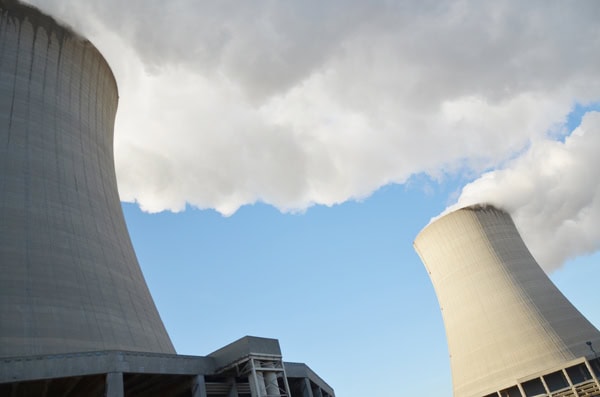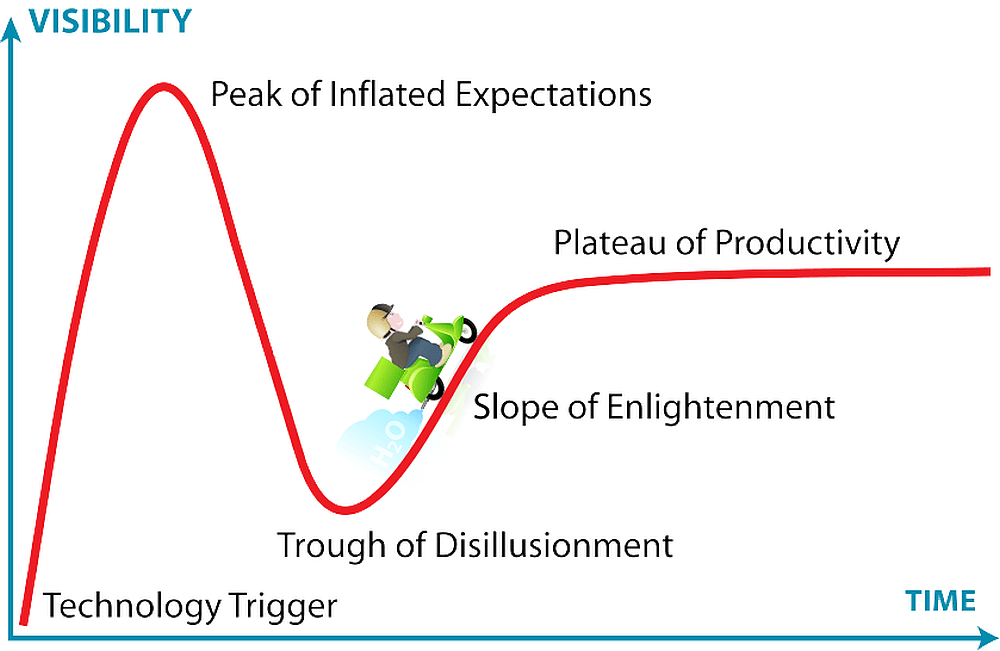
[Image above] The Department of Energy has announced that it will award five companies more than $13 million to advance “key” R&D in nuclear energy projects and a new pilot program to speed up the delivery of clean energy technologies from lab to market. Credit: Michael Kappel; Flickr; CC BY-NC 2.0
Following an infusion of more than $67 million in nuclear energy research just a few months back, the Department of Energy has announced that it will award five companies more than $13 million to advance “key” R&D in nuclear energy projects.
According to a DOE press release, the cost-share agreements, part of President Obama’s “all-of-the-above” energy approach, will “help address significant technical challenges to the design, construction and operation of next generation nuclear reactors, based off needs identified by industry designers and technical experts.”
The DOE reports that the projects receiving funds are:
- AREVA Federal Services partnering with TerraPower Company, Argonne National Laboratory (ANL), and Texas A&M University – Modeling and simulation for longer life cores: Thermal hydraulic simulations and experimental investigation for liquid metal cooled fast reactor fuel assemblies
- GE Hitachi Nuclear Energy partnering with ANL – Development and modernization of next-generation probabilistic risk assessment methodologies
- General Atomics partnering with the University of California at San Diego and the University of South Carolina – Fabrication and testing complex silicon carbide structures pertinent to advanced reactor concepts
- NGNP Industry Alliance partnering with AREVA, UltraSafe Nuclear Company, Westinghouse, and Texas A&M University – High temperature gas reactor (HTGR) post-accident heat removal and testing
- Westinghouse Electric Company partnering with ANL and the University of Pittsburgh – Development of thermo-acoustic sensors for sodium-cooled fast reactors (SFR)
Energy Secretary Ernest Moniz says that the research will help lay the groundwork for a new low-carbon future.
“This type of public-private research in advanced nuclear reactors will help accelerate American leadership in the next generation of nuclear energy technologies, and move the United States closer to a low carbon future,” he says. “These types of investments are crucial to the continuing role of nuclear power as a significant contributor to the U.S. energy economy.”
Additionally, the department has announced a new program to speed up the delivery of clean energy technologies from lab to market.
Based on the National Science Foundation’s Innovation Corps model, the DOE’s Lab-Corps program hopes to “better train and empower national lab researchers to successfully transition their discoveries into high-impact, real world technologies in the private sector.”
Six labs (the previously mentioned ANL, Idaho National Laboratory, Lawrence Berkley National Laboratory, Lawrence Livermore National Laboratory, and Pacific Northwest National Laboratory) have been selected to be a part of the Lab-Corps pilot program.
They will work with the National Renewable Laboratory—supported by Brookhaven National Laboratory, Los Alamos National Laboratory, and Sandia National Laboratory—to better identify opportunities for clean-energy technologies in the private sector, particularly with regards to transportation, renewable energy, and other technologies that promote energy efficiency.
As part of the program, the teams will be trained and provided access to a host of resources for commercialization, “including technology validation and testing, facility access, techno-economic analysis, and other incubation services.”
Author
Jessica McMathis
CTT Categories
- Energy
- Environment
- Market Insights


